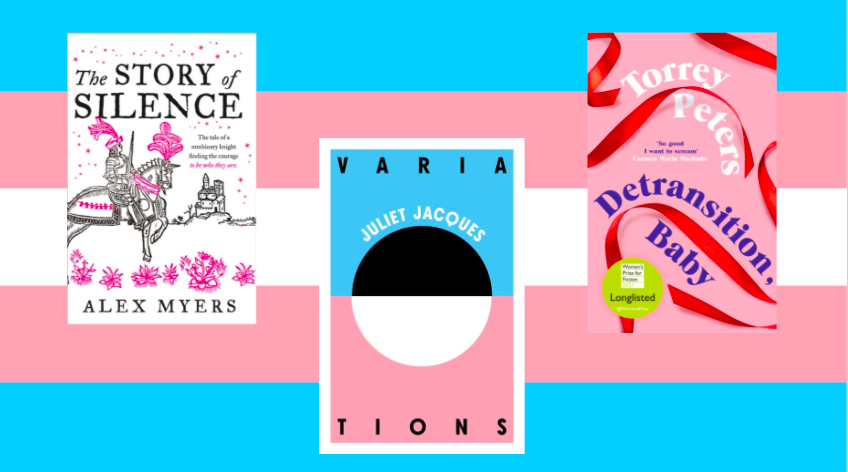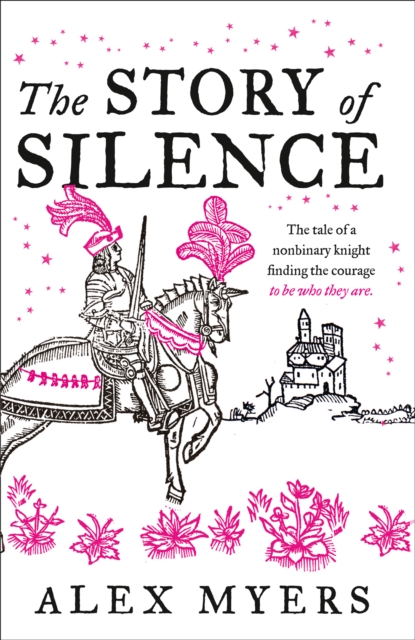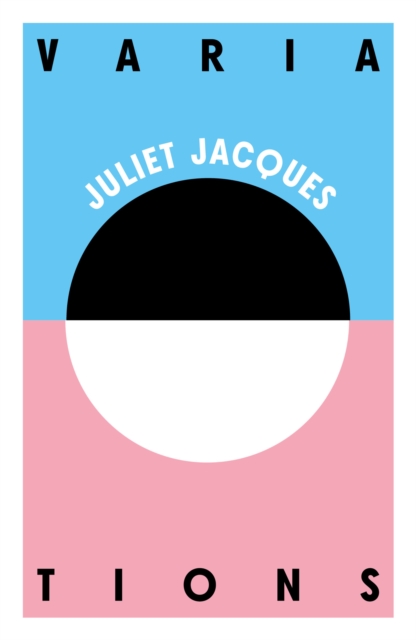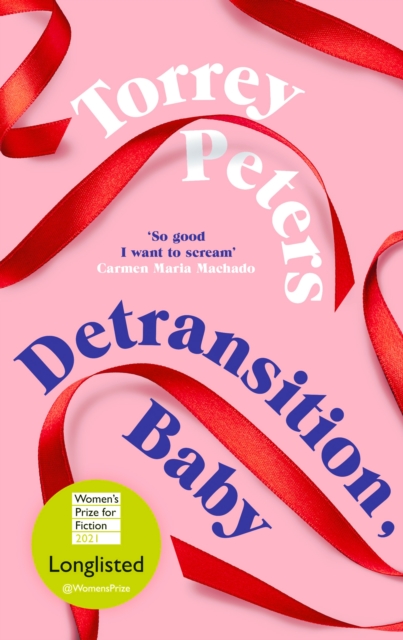I have been absolutely spoiled this month. Finding books was a joy, and narrowing the list down to just three was nearly impossible. Compared to how much I struggled to find books with good trans representation – or in fact any at all – just a few years ago, it’s been a very optimistic month of reading. In fact, every book in this roundup is an own voices book, i.e written by a trans author. I would love to say that was intentional on my part, but it wasn’t – it’s just a wonderful demonstration of the way publishing is leaning.
I’m going to start with ‘The Story of Silence’ because it is, quite possibly, the best book I have read so far this year. And if you haven’t noticed, we booksellers read a lot!
This is one of those books that pinged up on my radar just for being a fascinating concept. ‘Nonbinary Knight’ is a hell of a sell all by itself, but ‘The Story of Silence’ is actually based on a French poem from 1286. As with many bookworms, I have a soft spot for stories that are retellings, or about storytelling – and this is both. I opened it up, realised it was narrated by a bard, and settled in for a good time. I could not have anticipated just how good it was going to be.
The basic premise is that a foolish king declares that women cannot inherit. He bequeaths Cornwall to one of his knights, Earl Cador, in fife; on the expectation of a son. If Cador produces a daughter, he gets nothing, and neither does she. Welcome to the medieval (and painfully historically accurate) patriarchy. And so regardless of the sex of the child Cador and his wife produce, they determine to claim and raise them as a boy. They name that child Silence.
The writing is smooth and welcoming, the narration enjoyable (the bard relays Silence’s story, but not without inputs of their own), but the story – god, the story is unforgettable. While it begins slowly, by the time I was about a quarter of the way through, I was so invested that I had to rage-quit multiple times and cool off. It’s so sharp and on the edge, for something set over 700 years ago, but it suits it exactly. Where else could you explore how the ideals of the past fail to meet the ideas of the present quite so effectively?
I am very glad that we have reached the point in queer literature that it no longer has to be better than straight literature in order to be published, and it’s a testament now that just as many mediocre and even downright bad queer books are being published to how it is being normalised and held to the same standards. That’s why I wanted to write the roundup, to find and share the good stuff. But ‘The Story of Silence’ is so incredibly brilliant that it’s never going to have to deal with any of those people saying it’s jumping on a popularity train.
The ending is genuinely one of the best I have ever read. That’s not a hyperbole – it is as close to perfectly formed as a novel has ever come, for me. It infuriated me, and gave me hope, and left me reeling. It made its point perfectly and sharply without ever having to state what it was doing or why. ‘The Story of Silence’ is a masterpiece of storytelling and I cannot believe more people aren’t screaming about it. It left me with the feeling that truly great works of literature do. That it has marked the next step that human history will take. That we will be studying it, and the context that produced it, and the complexity of its thoughts and ideas and how they are expressed for years to come.
And that’s a hard act to follow, honestly. Silence gave me a book hangover – you know when you’re still stuck in the world of the last one, still thinking about it, and you flit across the first few pages of three or four other books without ever managing to settle?
What broke that was ‘Variations’. The two are incomparable, to be perfectly honest, and perhaps that helped. ‘Variations’ is fiction posing as non-fiction; a series of short stories imagining possible trans histories from 1846 to 2014. They take the forms of personal diaries, academic essays, newspaper cuttings, and even a blog.
I’m really enjoying this literary leaning, moving beyond rethinking how we see history to actively rewrite it. ‘Variations’ is a rare beast – a fascinating concept, flawlessly executed. As all great books, it treads the line between fiction and reality as if they were one road. Each character’s voice is so distinct, each time period so well-drawn, that at times I forgot they were all penned by one breathlessly competent author.
‘Variations’ sketches the broadest of pictures of trans written history. It outlines just how far we have come, and how far we have yet to go. But it shades that broad narrative with exquisite nuance and detail. Several of the characters brought tears to my eyes, and the final one especially, being so close to the present day and my own experience of online queer communities, was an emotional gut punch. I read it all in one afternoon, and immediately wished I had done so slower, so that I could still have enjoyed being in the process of reading it.
So my July reading had been going exceptionally well so far, and I decided it was time.
‘Detransition, Baby’ has been sitting waiting for me almost since publication day. It’s one of those ones that I have absolutely no excuse for not getting around to sooner. It was longlisted for the Women’s Prize, several of my friends had read and loved it, and still it sat on my shelf. Right, I thought, I have two brilliant books to share this month already, I’ll read a few pages and see if I think it can stand beside them. I sat down on the floor right beside my bookshelf – and looked up a hundred pages later, with much regret, and a back ache I had been ignoring for far too long.
‘Detransition, Baby’ is a classic character study done in a wholly original new way. Told in dual perspective, slipping back and forth across Ames and Reese’s lives, I swung backwards and forwards too; deploring and adoring them in turns. They are such richly drawn characters. More than anything else, it’s them who keep drawing me back in. I have a terrible tendency to read five or six books at once, picking up whichever suits the day’s mood, but with ‘Detransition, Baby’ I couldn’t. It was the only thing I wanted to read. And as my colleagues will tell you, at first I really couldn’t figure out why. I usually don’t love unlikeable narrators. I’m usually not that bothered about social drama stories. I like things to play with voice and style, and ‘Detransition, Baby’ is one of the most blunt, straight-forward, no-nonsense books I have ever read. And I absolutely bloody loved it.
Now it’s back on my shelf, exactly where it’s sat for six months, and it’s pulled that magical transformation; it has become something I spot, rather than gloss over. Every time I walk past my bookshelf I think of them again. Sometimes I have trouble remembering characters’ names, but I suspect that Reese and Ames won’t be shaken so easily. And I loved that – it’s always such a relief to see queer characters treated as real people. Not as villains or token 2D heroes, but as actual people with rich inner lives – the treatment straight and cis characters have been afforded as long as literature has existed.
None of this month’s books have been gentle. It’s been a while since I did a roundup where all three of the books fall into one category too, but despite all being adult fiction, and despite all tackling a broadly similar subject, it’s felt like an incredibly varied month. But if there’s one thing they all have in common, it’s a sharp awareness of where we stand in current society, and what the impact of that is on trans people – and on society as a whole – today.
As always, you can find all of the books I read this month here, and a even wider selection of recommendations here.



